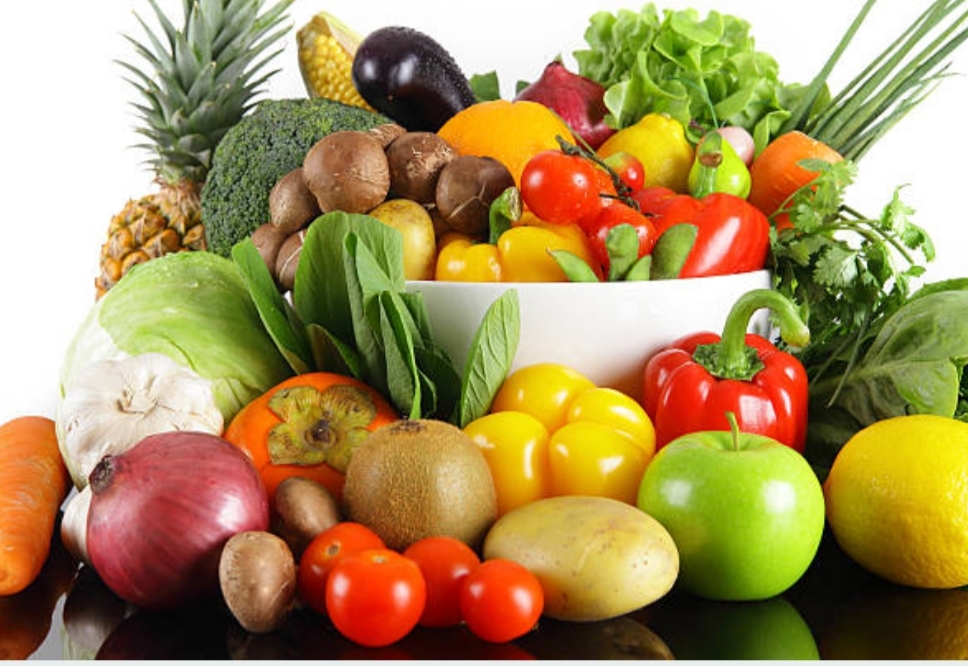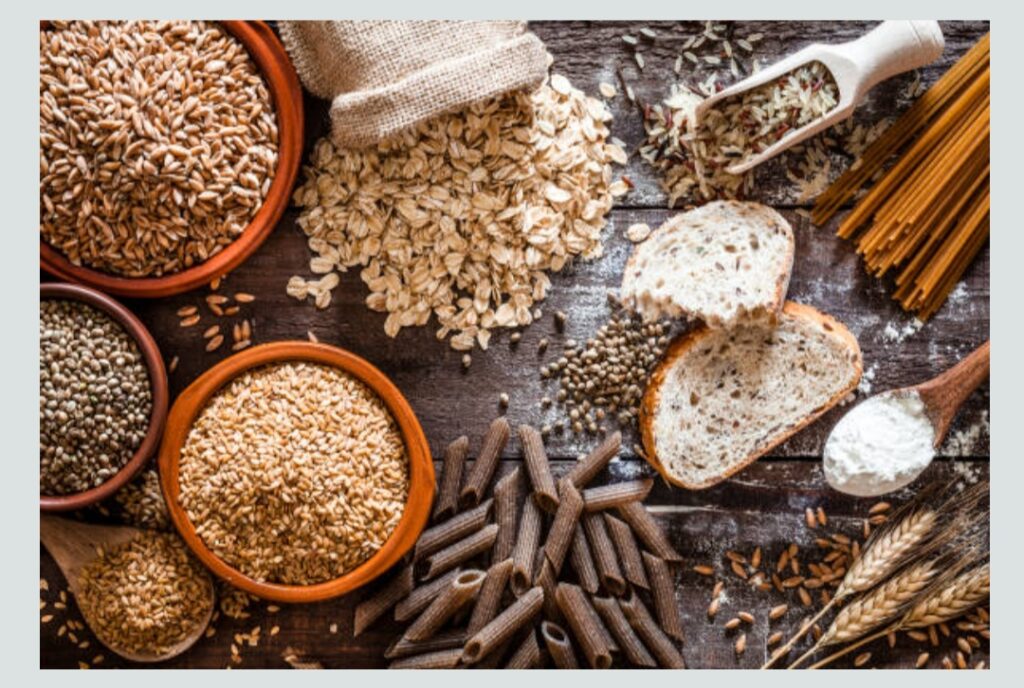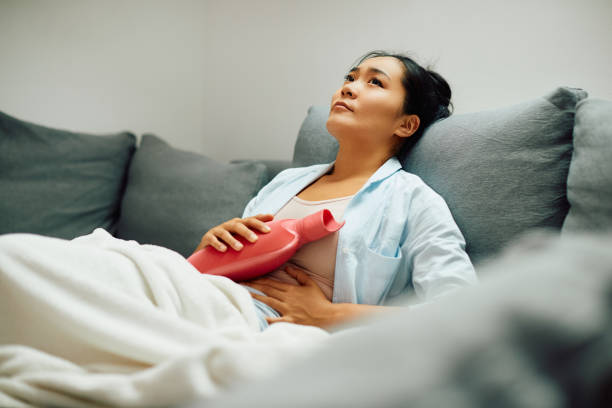Endometriosis is a chronic condition that affects millions of women worldwide, characterized by the growth of endometrial-like tissue outside the uterus. This condition can lead to severe pain, inflammation, and even infertility. While medical treatments are available, many women turn to diet and lifestyle modifications to help manage their symptoms. In this blog, we explore the role of diet and lifestyle in alleviating endometriosis symptoms, highlighting specific foods to embrace or avoid and lifestyle changes that can make a difference.
Understanding the Link Between Diet, Lifestyle, and Endometriosis
The exact cause of endometriosis remains unknown, but it’s believed that hormonal imbalances and inflammation play significant roles in its development and progression. Diet and lifestyle can influence these factors, making them crucial components of an integrative approach to managing endometriosis.
Foods to Include
Omega-3 Fatty Acids:

These anti-inflammatory fats can help reduce the inflammation associated with endometriosis. Include: Fatty fish like salmon, mackerel, and sardines, as well as flaxseeds, chia seeds, and walnuts.
Fruits and Vegetables:

High in antioxidants and fiber, fruits and vegetables can help combat inflammation and support overall health. Focus on: A variety of colorful fruits and vegetables to ensure a wide range of nutrients.
Whole Grains:

Whole grains provide important fibers and nutrients that can help regulate estrogen levels. Opt for: Quinoa, brown rice, oats, and barley.
Plant-based Proteins:
Reducing red meat intake and focusing on plant-based proteins can lower inflammation. Try: Lentils, beans, chickpeas, and tofu.
Foods to Limit or Avoid
Processed Foods and Sugars:

These can increase inflammation and exacerbate endometriosis symptoms. Avoid: High-sugar snacks, processed meats, and refined carbohydrates.
Red Meat:
Some studies suggest that high consumption of red meat can increase the risk of endometriosis. Limit: Beef, pork, and lamb.
Dairy Products:
For some women, dairy can trigger or worsen symptoms. Consider: Reducing intake or opting for plant-based alternatives.
Gluten:
Anecdotal evidence suggests that some women experience symptom relief when avoiding gluten. Consider: A trial period of gluten-free eating to assess its impact on your symptoms.
Lifestyle Strategies

Regular Exercise:
Physical activity can help manage endometriosis symptoms by reducing estrogen levels, relieving stress, and improving overall well-being. Aim for: At least 30 minutes of moderate exercise most days of the week.
Stress Reduction:
Stress can exacerbate symptoms, making stress management techniques essential. Try: Yoga, meditation, or any relaxing activity that you enjoy.
Adequate Sleep:
Quality sleep is crucial for managing pain and inflammation. Ensure: 7-9 hours of good quality sleep each night.
Stay Hydrated:
Proper hydration is essential for overall health and can help reduce bloating and discomfort. Drink: At least 8 glasses of water daily.
Managing endometriosis symptoms requires a holistic approach that includes diet and lifestyle changes. By incorporating anti-inflammatory foods, reducing intake of pro-inflammatory items, and adopting healthy lifestyle habits, women with endometriosis can find some relief from their symptoms. Remember, it’s important to work with healthcare professionals to tailor a plan that fits your individual needs and to complement your medical treatments. Personal experimentation and patience are key, as what works for one person may not work for another. Empower yourself with knowledge and take proactive steps towards managing your symptoms and improving your quality of life.




